Yesterday, the International Olympic Commitee (IOC) ruled that they will not ban Russian athletes from the 2016 Rio Summer Games. This decision is a big one, especially considering that Russia is an Olympic powerhouse (only the United States have won more medals all-time than Russia and the old Soviet Union). They also hosted the last Winter Games in 2014 in the city of Sochi.
So you might be thinking, "Well, of course. Why would they be banned?" The answer there goes back several years, and adds up to one of the most serious Olympic scandals in history.
WADA crazy year
You could say that all of this started to build back in March. At that point, dozens of Russian athletes had been found guilty of using a newly banned drug called meldonium. The biggest name of those athletes was tennis star Maria Sharapova (also known as the wealthiest female athlete in the world). Sharapova has since been banned from tennis for two years.
The group in charge of the banning the drug in the first place is the World Anti-Doping Agency, or WADA. "Doping" is the term used to describe when athletes use substances, or drugs, to give themselves an unfair advantage over other athletes. Also known as performance-enhancing drugs, these substances can do things like improve the ability to build muscle, or increase how much oxygen can be absorbed into the bloodstream. They essentially give an athlete slightly superhuman abilities. Does that mean that they can now fly like Superman or Wonder Woman?

No, it does not. But in the world of Olympic sports — where being a half second faster can mean the difference between winning and losing — even the smallest advantage is huge.
WADA is there to try to put a stop to doping. They oversee the testing of thousands of athletes and keep a list of things you can and cannot take (every athlete needs to watch this list carefully to stay clean, or free of banned drugs).
Russia caught red handed
Usually, WADA is investigating athletes individually. Occasionally, it might even be several members of a team. But generally speaking, doped athletes break the rules on their own. It is a private decision one athlete makes to try and get an edge. But a week ago, WADA made announcement full of intrigue. Hey, did I just say "intrigue"?

You bet!
That's because a WADA-commissioned report announced that they had evidence that the entire Russian sports program was hiding dirty, or doped, athletes. The report was done after Grigory Rodchenkov, the former head of the Moscow Anti-Doping Laboratory, told the New York Times that dozens of dirty Russian athletes were being protected by the government.
Sure enough, using power from the Russian deputy minister of sport and the FSB (which is Russia's secret service), anti-doping labs in Moscow had systems to replace dirty tests from their athletes with clean ones. And because the program was started back in 2011, it potentially covers Russian athletes who competed at the 2012 London Summer Games and 2014 Sochi Winter Games, as well as numerous international competitions outside the Olympics.
Ban or no ban
Though I couldn't find an awesome GIF of Canadian lawyer Richard McLaren, he is the guy who headed up the investigation into Russian doping. (Getty Embed)
The report claimed that 312 of 577 positive Russian athlete tests were "saved" or held back by the Russian anti-doping labs. Most of the protected athletes competed in track and field and wrestling, though it also included swimming, rowing, snowboarding, and other sports. Now to be clear, this doesn't mean that every Russian athlete was dirty. But we've never seen a country's entire sports program try to hide doping like this.
The immediate reaction from both WADA and many other anti-doping agencies was to ask the IOC to completely ban Russian athletes from Rio. It put the IOC in an uncomfortable position. Would they ban Russia and anger one of the biggest Olympic nations in the world? Or would they let them compete and lose the trust of the rest of the world?
Sad start to the Games
Yulia Stepanova is a Russian long distance runner who helped to expose the Russian scandal. She will not compete in Rio because of doping offences in her past. (Getty Embed)
In the end, the IOC's decision is a compromise. Though they stopped short of banning all athletes, any athlete named in a previous failed drug test has been banned. They've also allowed individual sports federations (each sport — basketball, rowing, sailing, etc. — has its own world "government") to ban any athlete that they feel is dirty. In other words, we could hear soon about more Russian names being scratched off the list.
In the end, though, IOC President Thomas Bach decided that individual Russian athletes who are clean should not be punished for their country's failings. "An athlete should not suffer and should not be sanctioned for a system in which he was not implicated," he said on Sunday.
Will that decision help to solve the problem?

I guess we'll have to wait and see!
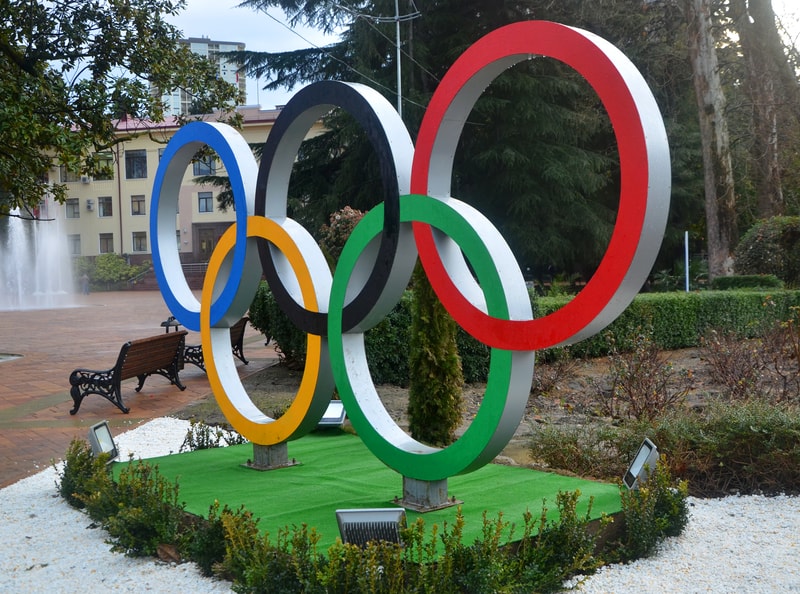 The Olympic Rings at the site of the 2014 Winter Games in Sochi, Russia. The entire Russian sports federation has been under investigation for performance-enhancing drugs. (© Anna Martynova | Dreamstime.com)
The Olympic Rings at the site of the 2014 Winter Games in Sochi, Russia. The entire Russian sports federation has been under investigation for performance-enhancing drugs. (© Anna Martynova | Dreamstime.com)
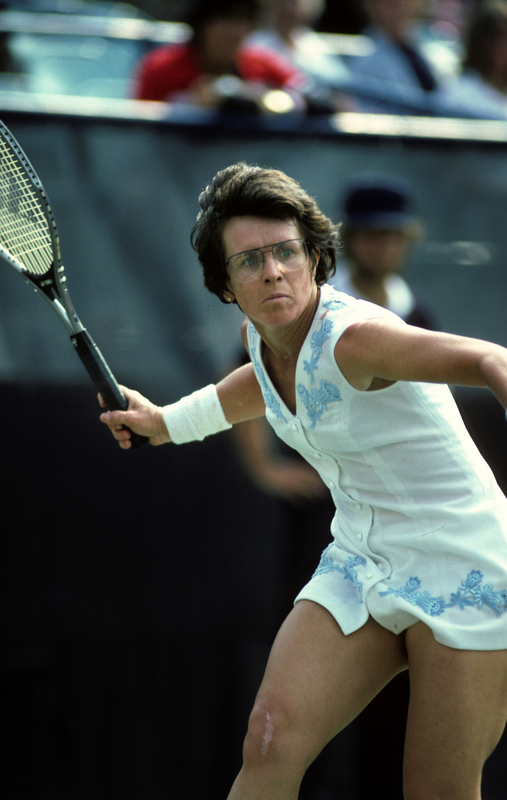

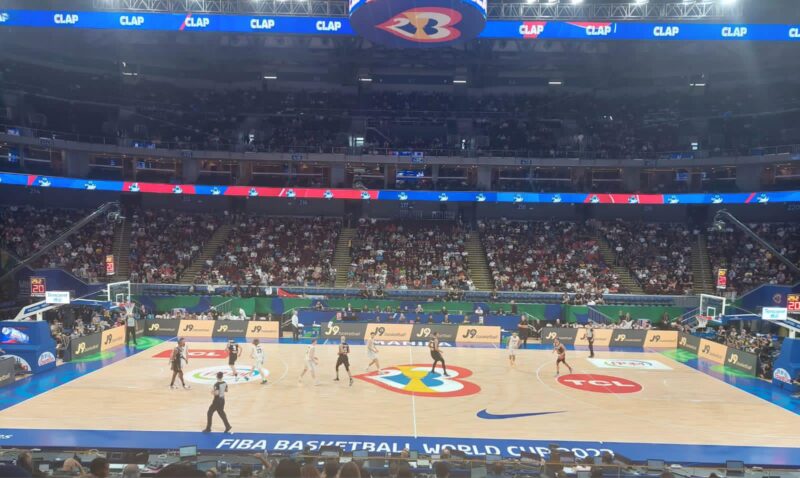
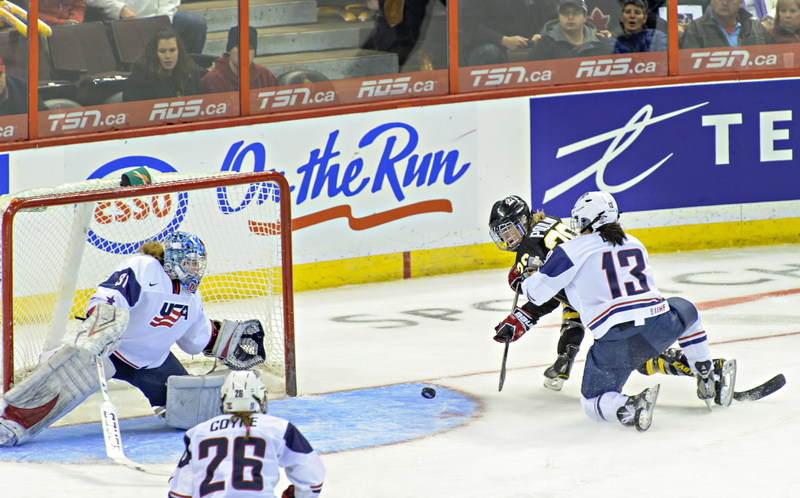
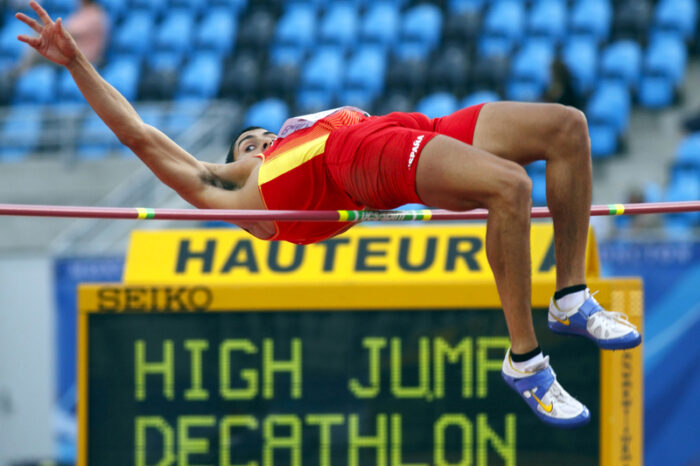
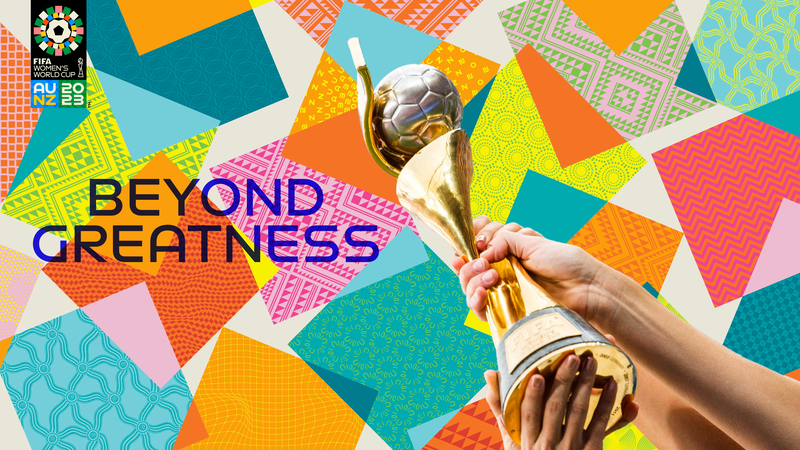
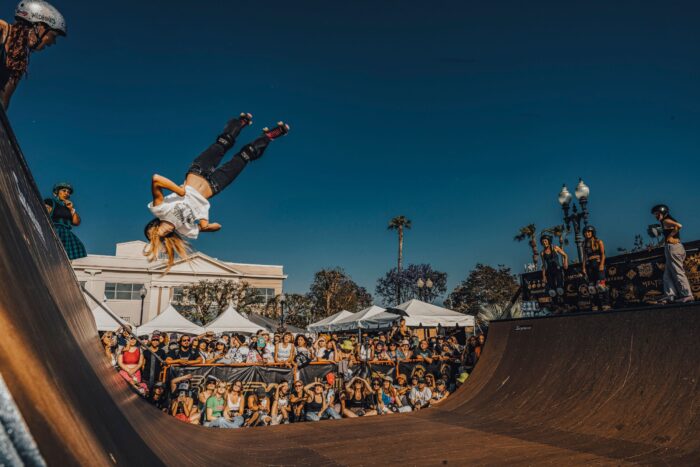
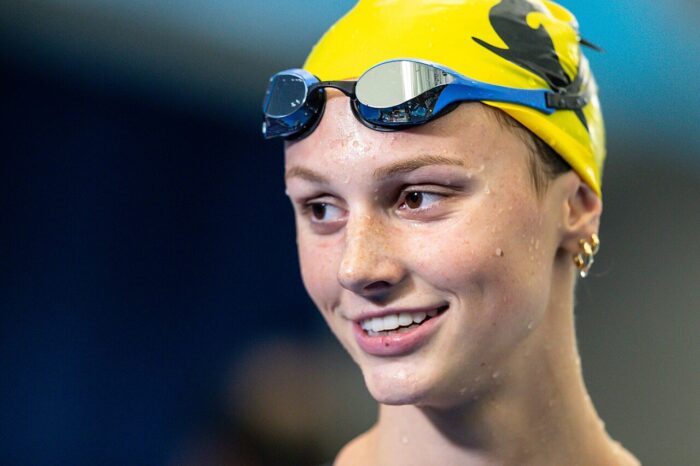

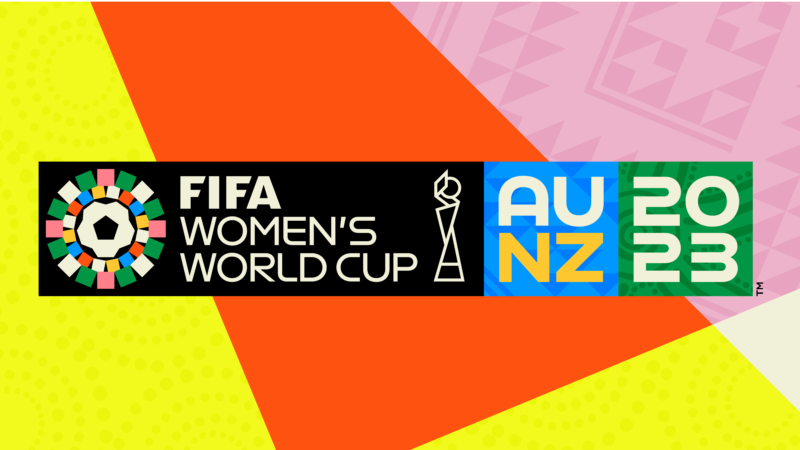
I think it is sad that the people kids like me look up to end up being such bad role models. It makes watching the Olympics less awesome.
I totally agree with the IOC